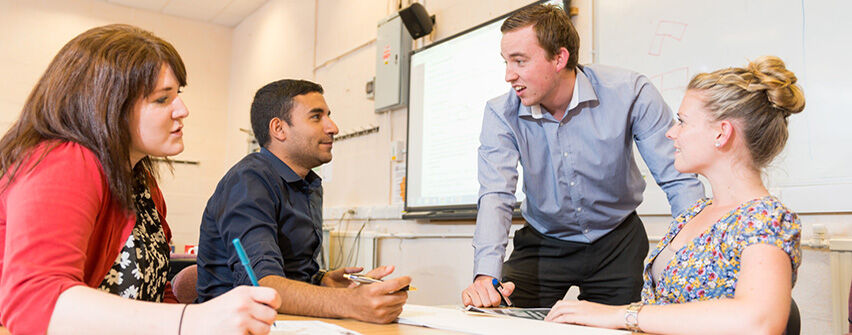
Blog

The Muslim Council of Britain (MCB) is the UK’s largest and most diverse national Muslim umbrella organisation. Their mission is to empower Muslim communities and member organisations across the UK to achieve a just, cohesive and successful British society. The MCB publishes reports, guidelines and resources to inform the mainstream discourse on British Muslims. To this end, the MCB recently published its long-awaited media report.
First, it is significant to consider the scale of the task undertaken by the MCB's Centre for Media Monitoring (CfMM).
The report, How The British Media Reports Terrorism, is based on an analysis of 16 terrorist attacks between 2015 and 2020 in America, Britain and Europe as well as the Christchurch, New Zealand attack. The CfMM analysed more than 230,000 articles, published in 31 mainstream British news websites, magazines and newswires. They searched for inconsistencies in the coverage of terrorist attacks depending on the background of the perpetrator.
Faisal Hanif, a former reporter for The Times, said: “Newspapers and online sources are driven by a commercial imperative to constantly produce clickbait and use algorithms and metrics to work out what sells, making the reporting of terrorism more of a science than an art. This can skew the coverage away from the particular realities of that single act” (p.147).
“The ethnicity of the perpetrator is enough for some and in many cases is the most vital detail for editors and reporters when determining whether the tag of terror should be applied. The classification of incidents in mainland Europe have been predicated on the shouting of religious slogans or the mere suggestion that they might have been uttered according to a ‘witness’" (p.147).
It is evident from the report that certain news channels rush to attribute and apportion blame to whole communities without ascertaining in full the detail of the individual, where this is case. It was unsurprising to read that some newsrooms “wait for clearance from those in positions of power or authority to give their verdicts, sometimes failing to take into account possible conflicts of interest or the political spin being employed to limit any scrutiny of potential security failures” (p.147). This has ramifications on how the narrative in conceived, constructed, and circulated by the public. Unfortunately, the consequence of such behaviour is often the bystander who is at the receiving end of racial abuse or Islamophobia.
One of the key messages that shines through is that it is impossible to justify that terrorism is the preserve of one group of people. The report illustrates this with reference to the terror attacks perpetrated by white supremacists in Christchurch, El Paso, and Hanau, and the recent Liverpool bomb. The perpetrator in Liverpool was described by one source as a genuine Christian.
Another aspect of reporting on terrorism relates to the inconsistencies of prescribing mental illness to some suspects and not others. The implication of distinguishing between “mentally ill” and “terrorists”, when the latter is mostly reserved for Muslims, implies that a non-Muslim suspect is less responsible for their actions. It also perpetuates the stereotype that Muslim suspects can be understood only in terms of ideology and religion as motivating factors (p.65).
Some newspapers use religious terms such as “Allahu Akbar” in their headlines. This implies that religion is a key motivator. However, as the report shows it might ignore other personal factors in operation which are often mentioned for non-Muslim perpetrators.
The report makes many recommendations including:
- To adopt an internal definition of terrorism, make this transparent and be consistent in its application.
- To clearly indicate cases in which the ideology of the perpetrator is suspected but not confirmed.
- To avoid, whenever possible, using images or republishing material which terrorists would want widely disseminated.
- To be respectful of the fact that an individual owning a Qur’an or attending a particular mosque is not indicative of religiosity nor does it implicate a mosque in the act.
As a consequence, I propose that there are important implications for educators including:
- Developing a critical mindset for reading news reports.
- Developing an understanding of the multiple factors which may contribute to acts of terror.
- Withholding judgement before the facts of the case are fully established.
- Teaching about how, when and why religious communities use certain terms.
